- When we think about effective use of Artificial intelligence (AI), we want to be able to measure meaningful outcomes and assess how it actually performs in the real world.
- This requires a lot of stakeholder input, collaboration, adoption and adaptation.
- In the end, this is the critical component of making sure that this is actually useful and actionable for people.
So in the real world, what are the determinants of success?
- This falls so critically on the concept of trust and the interface between humans and machines, and it is critically important that stakeholders on each side are able to collaborate throughout the process of the AI development.
- To make an intervention feasible and sustainable, stakeholders all need to understand:
- What is the clinical need ?
- How is this intervention adopted, and how can we adapt it to the setting that we’re going to utilize it in ?
- How can it be integrated it into HCP (healthcare provider) workflows ?
- How can we build trust that this is an effective and safe solution or support ?
Note that the presenter has used the concept of Augmented Intelligence instead of Artificial Intelligence. Please refer to the introductory article of this term.
Ivy Lee, MD. Augmented Artificial Intelligence in Dermatology. Core concepts and clinical decision making. 8th World Congress of Teledermatology, Skin Imaging and AI in Skin diseases – November 2020







